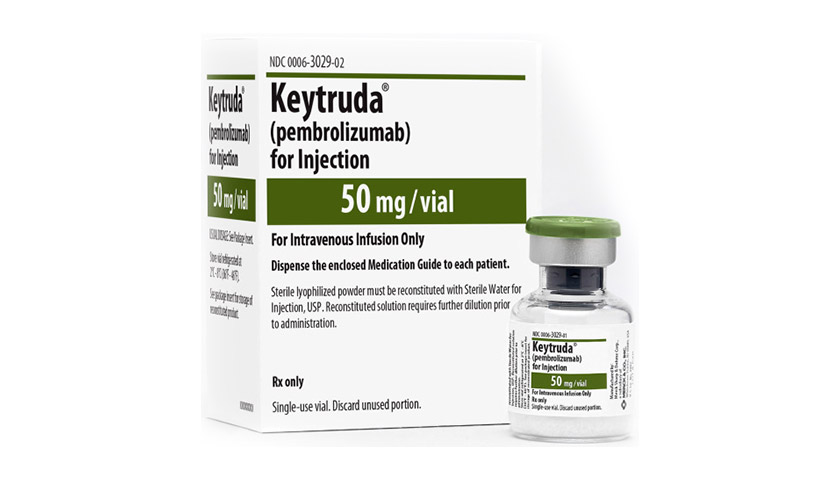Merck's Keytruda demonstrates adjuvant use in kidney cancer

Merck & Co has announced interim data from its pivotal Phase 3 KEYNOTE-564 trial evaluating immunotherapy Keytruda for the potential adjuvant treatment of patients with renal cell carcinoma (RCC) following surgery.
The interim analysis carried out by an independent data monitoring committee, revealed Keytruda showed a statistically significant and clinically meaningfully improvement in disease free survival compared with placebo. The trial will continue to evaluate overall survival, a key secondary endpoint. The safety profile of Keytruda in the trial was consistent with that observed in previously reported studies, Merck said.
Roy Baynes, senior vice president and head of global clinical development, chief medical officer, Merck Research Laboratories said in a statement that the data marked the first time an anti-PD-1 therapy showed potential adjuvant treatment for patients with RCC. Full results will be presented at an upcoming medical meeting before being submitted to regulatory authorities.
Keytruda is currently approved in the US, Europe and Japan in combination with Pfizer's TKI Inlyta (axitinib) for the first-line treatment of patients with advanced RCC – as is rival drug Bavencio from Germany’s Merck KGaA.
Merck is evaluating Keytruda in combination with other cancer treatments across multiple settings and stages of RCC. Earlier this year, data from the KEYNOTE-581/CLEAR study showed a combination of Keytruda with Eisai’s targeted tyrosine kinase inhibitor Lenvima (lenvatinib) reduced the risk of disease progression of death by 61% compared to Pfizer’s Sutent (sunitinib) in previously-untreated patients with RCC.
In March, the company received a conditional FDA approval for the monotherapy in endometrial cancer. The results came shortly after Merck had to voluntarily withdraw Keytruda from a lung cancer niche in the US, due to the FDA cracking down on drugs approved without the required post-marketing data.
The FDA said it needed overall survival data to confirm Keytruda’s use in the indication, and data from Merck's KEYNOTE-604 phase 3 trial failed to produce this.












